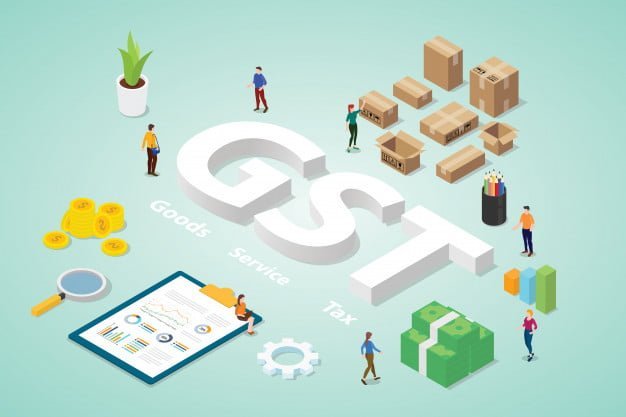How to File Timely GST Returns to Avoid Irregularities in Business Compliances?
by Mashum Mollah Finance Published on: 23 January 2020 Last Updated on: 28 August 2020

Total GST collected by the Income Tax Department of India during the financial year 2018-19 stood at approximately Rs.11.77 lakh crore, showing a relative increase of 9.2% YoY.
All companies with an annual turnover of Rs.20 lakh and above have to file for GST using their respective GSTIN.
Additionally, while submitting tax deducted at the source collected from employees, the TAN number of the business has to be quoted.
GST returns need to be filed in this respect, which contains specifications of total purchases and sales made in one financial year.
GST return filing process
Businesses can file for GST both online and offline. In case the annual turnover is lower than Rs.1.5 crore, entrepreneurs have to file for their tax liabilities every quarter, while monthly return filings have to be undertaken for a yearly turnover of higher than Rs.1.5 crore.
Steps to file your GST return online are –
- Go to the official GST portal.
- Login to your account using the 15-digit GST identification number (GSTIN).
- Upload scanned copies of all invoices regarding the purchase and sale of items on the portal to avail the invoice reference number.
- File outward and inward returns respectively, by submitting GSTR-1, GSTR-2, GSTR-2A.
GST returns have to be filed even if no transactions undertaken in a month. Such nil GST returns are mandatory as per the Income-tax department of India.
On the contrary, companies have to deposit tax deducted at source using the stipulated TAN number only when tax is deducted from the salaries of employees.
Depending upon the type of business, individuals are required to file for CGST, IGST or SGST.
Companies involved in intrastate production and sales ventures have to file for central and state goods and services tax respectively, while businesses involved in inter-state transactions have to submit integrated goods and services tax for effective GST return filing.
You can register for GST online to enjoy a hassle-free method of paying all tax liabilities with the central government. Businesses operating in specific sectors also correspondingly enjoy a lower tax burden, increasing annual profit realisation.
A higher annual disposable income of entrepreneurs encourages increasing their total production for higher revenue generated. To this end, companies can avail credits in the form of high-value unsecured Business Loans form renowned non-banking financial institutions such as Bajaj Finserv.
They also extended pre-approved offers on such advances, which make the loan approval process quick and hassle-free. Such offers are available on several loan products such as personal loans, professional loans, home loans, loans against property, etc.
Such hassle-free advance approval at lower interest rates encourages businesses to fulfil their working capital requirements as well as avail funds for business development projects.
GST return filing on time increases the credibility of a business in the market, increasing the chances of companies to avail a loan.
Nonetheless, entrepreneurs have to fulfil the requisite criteria to qualify for such loan, stated as follows –
- Age – Applicants have to be between 25 and 55 years of age. KYC documents such as Aadhaar card, PAN card, voter ID, etc. can be submitted for this purpose.
- Business – Any business should be running for at least 3 years to be qualified for a business loan.
- Tax – A vital criterion to qualify for business loans is that the applicant should have filed Income tax of his or her business for at least one year.
- Documents – Crucial documents such as the certificate of business existence, bank account statements, passport-sized photographs, and other associated documents have to be submitted for verification.
Companies can use funds procured through such business loans to hire experienced workers as well to increase production capacity.
Increased revenue collected can be used to pay off the liabilities from availing the loan at a later date.
However, both TDS collected from such employees have to be deposited using the TAN number of the business. Equivalent GST has to be paid accordingly as well.
Read Also:







































































































